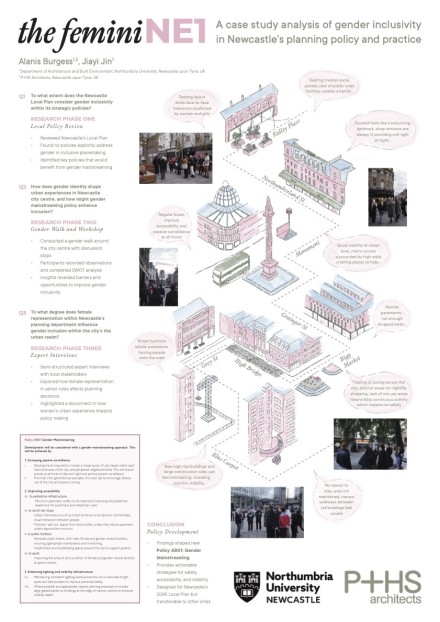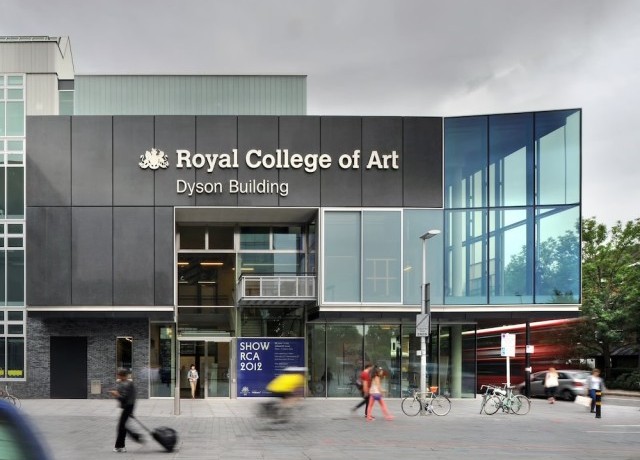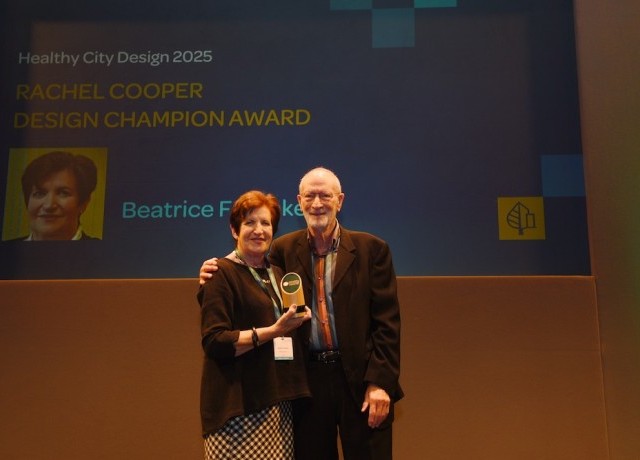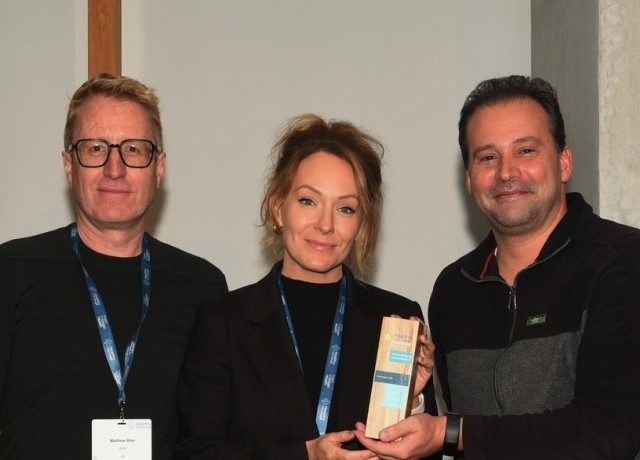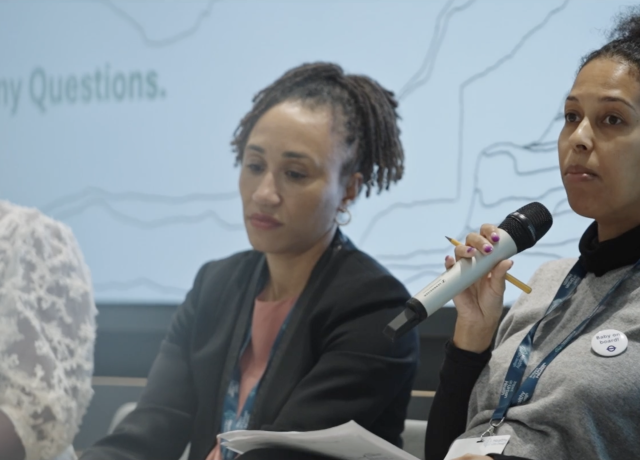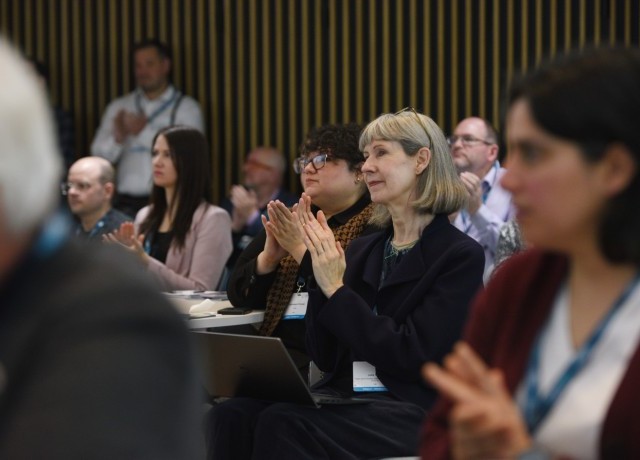The feminiNE1: A case study analysis of gender inclusivity in Newcastle’s planning policy and practice
Despite decades of evidence documenting the exclusion and marginalisation of women in urban environments, progress towards more inclusive, gender-equitable planning remains slow. This paper investigates the relationship between gender representation in planning authorities and the inclusivity of urban policies, using Newcastle upon Tyne, a rare case of a female- dominated city planning department, as a critical case study.
This work explores how gender identity shapes urban experience and how structural planning processes either enable or inhibit inclusive outcomes. The research aims to generate actionable policy guidance for gender mainstreaming in the context of Newcastle’s forthcoming Local Plan 2045.
This research was conducted from a transdisciplinary approach, drawing from gender theory, sociology, political science, and urban studies. A three-phase methodology was employed, beginning with a thorough literature review and extensive analysis of current local policy and design codes. This initial investigation informed the structure of a participatory gender walk and workshop attended by academics, architects and planning professionals in Newcastle. These findings were disseminated and further interrogated through expert interviews conducted with local stakeholders, including senior planning professionals from Newcastle City Council and a prominent architect. Data from each phase was iteratively interpreted into a gender- mainstreaming policy, incorporating place specificity while also ensuring transferability beyond Newcastle and the North East.
Findings suggest that despite demographic shifts in Newcastle’s planning leadership creating space for new perspectives, structural planning processes continue to reproduce gendered biases. The participatory research methods employed in the gender walk and workshop highlighted persistent barriers for women in public spaces, including issues of safety, mobility and accessibility. Subsequent expert interviews underscored a disconnect between individual values and institutional practice, where progressive intentions are often constrained by rigid planning systems and policy legacies. However, the research also identified clear opportunities for intervention, particularly in embedding gender mainstreaming principles early in the policy design process.
The research concludes that while gender diversity within planning leadership is an important and necessary step towards progress, it is insufficient without accompanying structural reform. The study presents a context-sensitive gender mainstreaming framework for Newcastle with elements of broader applicability across the UK, contributing both practical guidance for policymakers and theoretical insight for the regeneration of our urban realm. By centring lived experience and feminist urban knowledge, the research advocates for embedding gender equity in planning practice, supporting healthier, more inclusive urban environments for all.
Learning Objectives
- Understand how gender inclusivity is addressed within the strategic policies of Newcastle’s Local Plan.
- Examine how gender identity influences urban experiences in Newcastle and evaluate the potential of gender mainstreaming to improve inclusivity.
- Analyse the impact of female representation in Newcastle’s planning leadership on the gender inclusivity of the urban environment.
Presenters


Event news
Inclusive neighbourhood parks and resorts
20th November 2025
Connected futures: Regenerating Trafford and Salford together
20th November 2025
Community-led regeneration: Salford’s next century
19th November 2025

